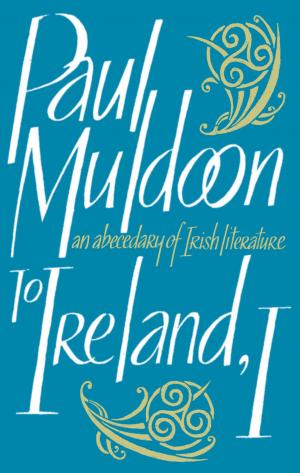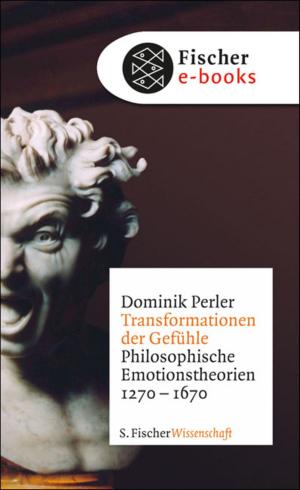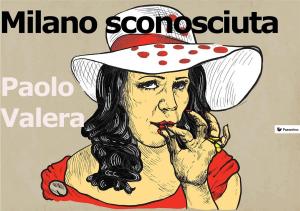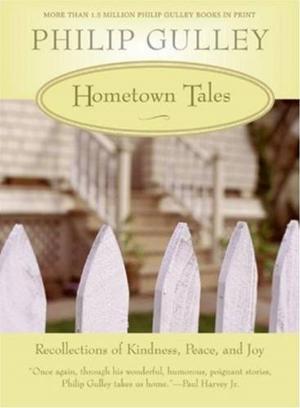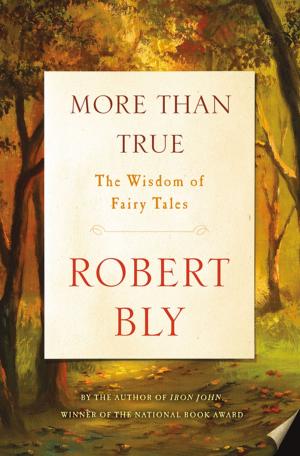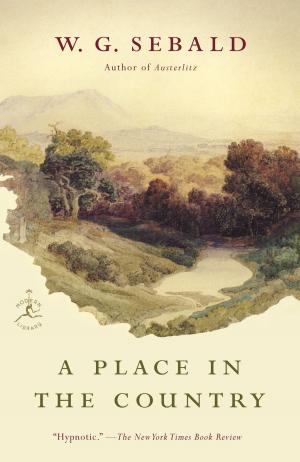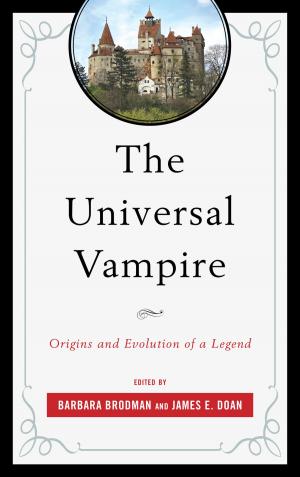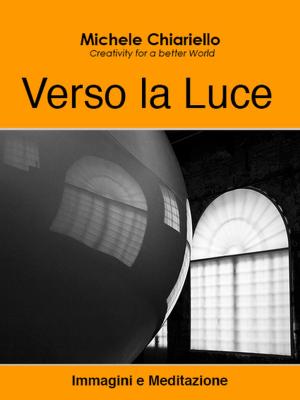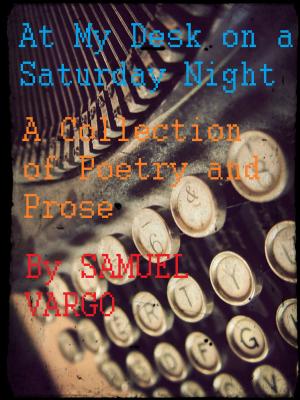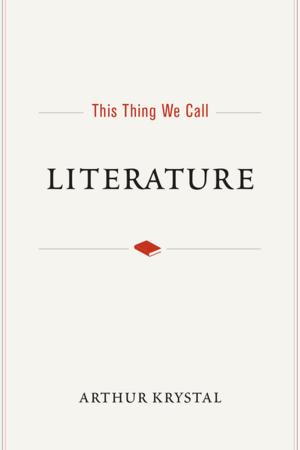We Read therefore We Write
The Paradox of Authorship and the Reader-Writer Bond
Fiction & Literature, Essays & Letters, Essays| Author: | Karim Lediwa | ISBN: | 1230001692563 |
| Publisher: | DellWarren | Publication: | May 26, 2017 |
| Imprint: | Language: | English |
| Author: | Karim Lediwa |
| ISBN: | 1230001692563 |
| Publisher: | DellWarren |
| Publication: | May 26, 2017 |
| Imprint: | |
| Language: | English |
Humanity is built for speed, not comfort. We are intrepid adventurers. We populated the entire earth (and beyond!) in a mere eighty thousand years. But, we are not cognitively evolved to go beyond our own limitations; we cannot solve the profound problems we face. However, those limitations mean we share a core systemic understanding and cooperative element in understanding stories, and in storytelling mechanics. The deep programming within our rawest biocultural elements has ensured that the historic links of human visual and written communication were (and will be) essentially identical, from the first hints of symbolic thought: images carved in stone and bone, and on cave walls; clearly reflected later on clay tablets in cuneiform script, (with the earliest recorded myths, like the Epic of Gilgamesh); and further, on to the first moveable type courtesy of Bi Sheng, almost one thousand years ago. This is followed by the precursor to the internet––the “Romanesque” wine press that created the Gutenberg Bible. And now, to the (mostly) superficiality of Facebook, Twitter, (and less so) YouTube and Google, and the non-communicative mass consumption outlets of the internet, like Amazon, iTunes, Kobo, and eBay.
Why should the reader be considered a co-author, in spirit, of any written work, especially in literature? How does the reader play (arguably) the most important part in any writer's creation, besides the obvious pair of eyes lapping up pages? Why is the reader the actual writer, and completes the work, putting that final empathetic touch to the piece? Why? Perhaps because of the yin and yang of existence, the omnipresent duality of life and eternity, and the shared duality of pain, joy and connection, embodied in the creative process--that occurs every single second of interaction with every form of expression. There is so much more to the falsely passive (i.e., cognitively, emotionally complex) endeavour that one undertakes when they open the page and inundate themselves with our shared brethren's mind/words.Is everyone a writer by virtue of the fact that they read? All the world's a novel..short story, poem, play, personal letter....as well as a stage. What does it mean to indulge in the overwhelming experience of reading? It is far more than simply "reading". What is the true nature of the exploration between writing and reading, and how do these two intrinsic aspects of human nature converge to form a union among disparate individuals that transcend differences, distance, and background?
The twinning of these two phenomena makes a connection that may even surpass the (almost) inexplicable wonder of music, art, dance, or any other human expressive venture. This is accomplished between the creator of the written word and the active, participatory audience, who, paradoxically, are not passive consumers but co-creators, especially in our multivocal, increasingly connected planet; this is, indeed, and ironically, an unwritten quest for true "unity" par excellence.
This recent explosion of interaction is, laughably, NOT the "miracle" of modern communication with all its mystique and tech. dazzle. These recent modifications are merely the latest reflections of human communication, as old as our species beginnings almost one hundred millenia prior, and, thus, a tribute, both to our excellence and our limitations. In fact, all-encompassing, rapid information excess is not without its pitfalls and pathologies, and the directions they head must be controlled and planned better than they have been. However this communicative explosion unfolds in the future, we remain cognitively hard-wired for the cross-fertilization of ideas and imagination based on our reflective symbiosis exemplified by the reader-writer bond, and other means of communication.
The feelings expressed within 'these' pages merely tap the surface. They are, and must, be joined with the thoughts and feelings of the reader, without whom, any piece of writing will forever be incomplete. Once passed to ones partner in creation (the reader....through an editor to a public outlet--a publisher) the writer is lulled into the deceptive impression that the creative process is complete. It is obviously not, and never will be. Invariably, every author feels their work requires some fine-tuning, some refurbishment. It is this mystical missing element that is precisely found with the contribution of the incalculable perspectives from a vast sea of human experience and cultures--the reader, for whom a piece is written or waiting to be read, thus, experienced, and created within a sea of diverse impressions and thoughts. And, today within the self-publishing universe, and openness of certain enlightened writers, the reader can share in the creative process, bonding themselves, and influencing the actual written word; authors can incorporate, and even share the text through online platforms for readers to input their own ideas, thoughts, and material into the book, thereby imprinting themselves on the formation of the work.
Humanity is built for speed, not comfort. We are intrepid adventurers. We populated the entire earth (and beyond!) in a mere eighty thousand years. But, we are not cognitively evolved to go beyond our own limitations; we cannot solve the profound problems we face. However, those limitations mean we share a core systemic understanding and cooperative element in understanding stories, and in storytelling mechanics. The deep programming within our rawest biocultural elements has ensured that the historic links of human visual and written communication were (and will be) essentially identical, from the first hints of symbolic thought: images carved in stone and bone, and on cave walls; clearly reflected later on clay tablets in cuneiform script, (with the earliest recorded myths, like the Epic of Gilgamesh); and further, on to the first moveable type courtesy of Bi Sheng, almost one thousand years ago. This is followed by the precursor to the internet––the “Romanesque” wine press that created the Gutenberg Bible. And now, to the (mostly) superficiality of Facebook, Twitter, (and less so) YouTube and Google, and the non-communicative mass consumption outlets of the internet, like Amazon, iTunes, Kobo, and eBay.
Why should the reader be considered a co-author, in spirit, of any written work, especially in literature? How does the reader play (arguably) the most important part in any writer's creation, besides the obvious pair of eyes lapping up pages? Why is the reader the actual writer, and completes the work, putting that final empathetic touch to the piece? Why? Perhaps because of the yin and yang of existence, the omnipresent duality of life and eternity, and the shared duality of pain, joy and connection, embodied in the creative process--that occurs every single second of interaction with every form of expression. There is so much more to the falsely passive (i.e., cognitively, emotionally complex) endeavour that one undertakes when they open the page and inundate themselves with our shared brethren's mind/words.Is everyone a writer by virtue of the fact that they read? All the world's a novel..short story, poem, play, personal letter....as well as a stage. What does it mean to indulge in the overwhelming experience of reading? It is far more than simply "reading". What is the true nature of the exploration between writing and reading, and how do these two intrinsic aspects of human nature converge to form a union among disparate individuals that transcend differences, distance, and background?
The twinning of these two phenomena makes a connection that may even surpass the (almost) inexplicable wonder of music, art, dance, or any other human expressive venture. This is accomplished between the creator of the written word and the active, participatory audience, who, paradoxically, are not passive consumers but co-creators, especially in our multivocal, increasingly connected planet; this is, indeed, and ironically, an unwritten quest for true "unity" par excellence.
This recent explosion of interaction is, laughably, NOT the "miracle" of modern communication with all its mystique and tech. dazzle. These recent modifications are merely the latest reflections of human communication, as old as our species beginnings almost one hundred millenia prior, and, thus, a tribute, both to our excellence and our limitations. In fact, all-encompassing, rapid information excess is not without its pitfalls and pathologies, and the directions they head must be controlled and planned better than they have been. However this communicative explosion unfolds in the future, we remain cognitively hard-wired for the cross-fertilization of ideas and imagination based on our reflective symbiosis exemplified by the reader-writer bond, and other means of communication.
The feelings expressed within 'these' pages merely tap the surface. They are, and must, be joined with the thoughts and feelings of the reader, without whom, any piece of writing will forever be incomplete. Once passed to ones partner in creation (the reader....through an editor to a public outlet--a publisher) the writer is lulled into the deceptive impression that the creative process is complete. It is obviously not, and never will be. Invariably, every author feels their work requires some fine-tuning, some refurbishment. It is this mystical missing element that is precisely found with the contribution of the incalculable perspectives from a vast sea of human experience and cultures--the reader, for whom a piece is written or waiting to be read, thus, experienced, and created within a sea of diverse impressions and thoughts. And, today within the self-publishing universe, and openness of certain enlightened writers, the reader can share in the creative process, bonding themselves, and influencing the actual written word; authors can incorporate, and even share the text through online platforms for readers to input their own ideas, thoughts, and material into the book, thereby imprinting themselves on the formation of the work.


